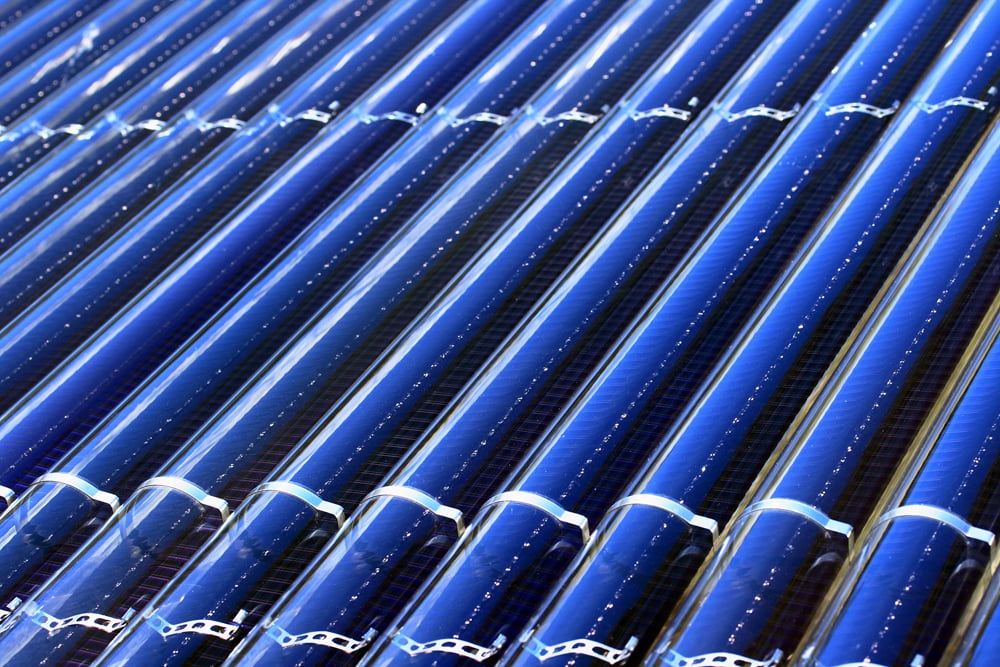The government has revealed that 1,000 installations have been accredited under the domestic renewable heat incentive (RHI) during the scheme’s first seven weeks.
Ofgem, the scheme’s regulator, admitted that the “first thousand installations came quicker” than it had predicted. The first wave of applicants included those with newly-installed projects as well as those legacy installations which were completed between 15 July 2009 and 8 April 2014.
The pie chart below shows the split between the various technologies supported under the domestic RHI:
.
Air source heat pumps represent the largest proportion of installs under the scheme, accounting for 37% of new projects. Solar thermal has proved the second most popular technology under the RHI, representing over one quarter of new installs.
Ofgem has also revealed that 43% of those applying for the domestic RHI were previously using oil to heat their homes, with 30% using gas.
The map above shows the distribution of domestic RHI installs across the UK. The map shows that Scotland accounts for almost 23% of installs registered under the RHI.
The south west and south east dominate the deployment, accounting for 43% of all installs carried out in England. London’s performance has been particularly poor, with only 22 installs registered in the period.
Mr G Patrick, a customer who installed an air source heat pump and solar thermal system, reported a favourable experience with the new scheme. He said: “Our house is a converted roundhouse barn where the main fuel was oil, with under-floor heating. A consultant recommended solar PV, solar thermal panels and an air source heat pump. We also have a wood burning stove.
“The feed-in tariff from the PV contributes significantly to the electricity used by the heat pump. The RHI reduces our energy cost to zero for the foreseeable future – but this, of course, is the result of having made a significant total investment in renewables.
“The RHI was a factor in my decision. I periodically checked websites for updates and that is how I knew of the implementation. It was surprisingly easy to schedule an assessment with a Green Deal consultant and extremely easy to apply for the RHI online.”
For the period 8 April to 31 May there were a total of 2,296 applications for the domestic RHI, with 1,154 installations accredited.
.






